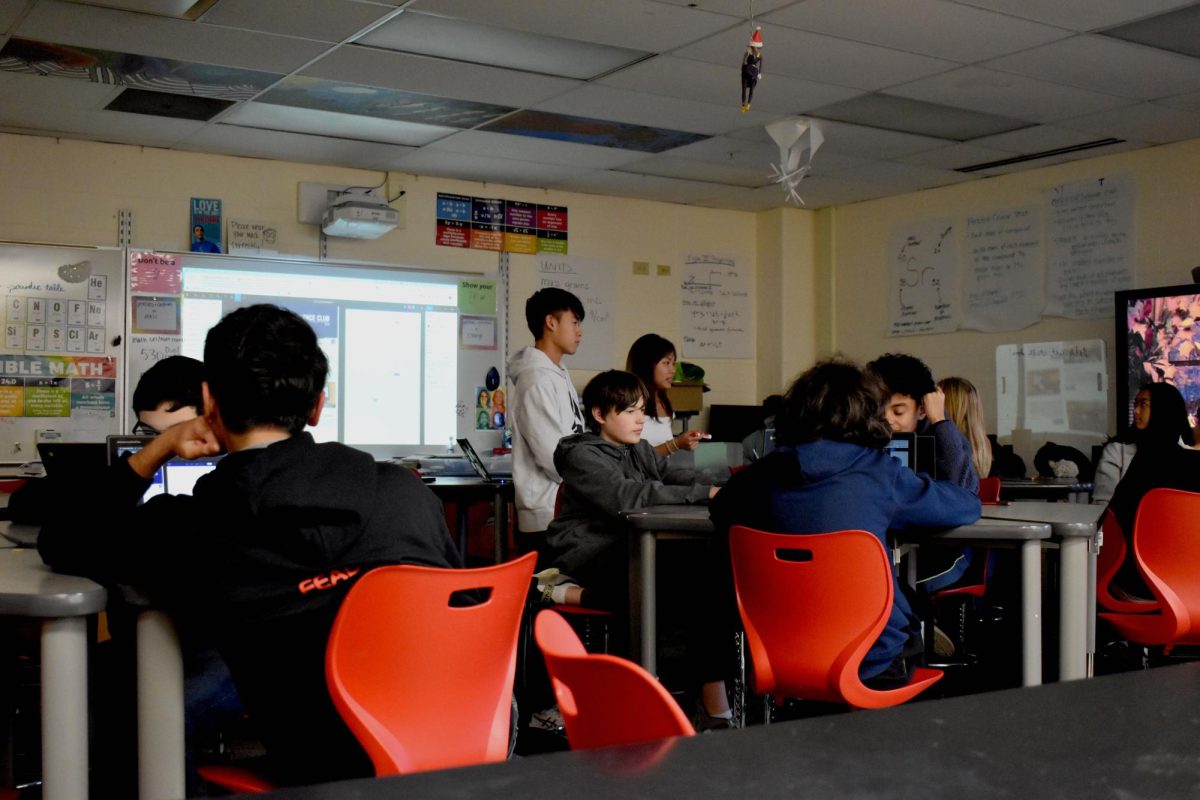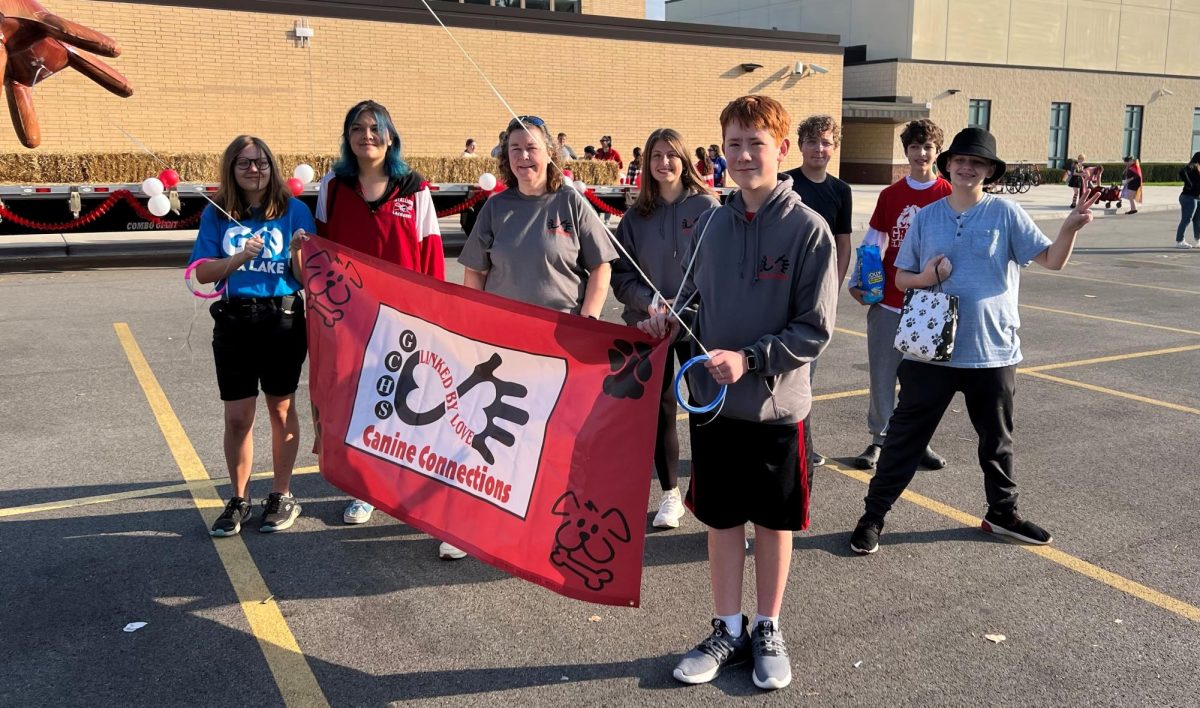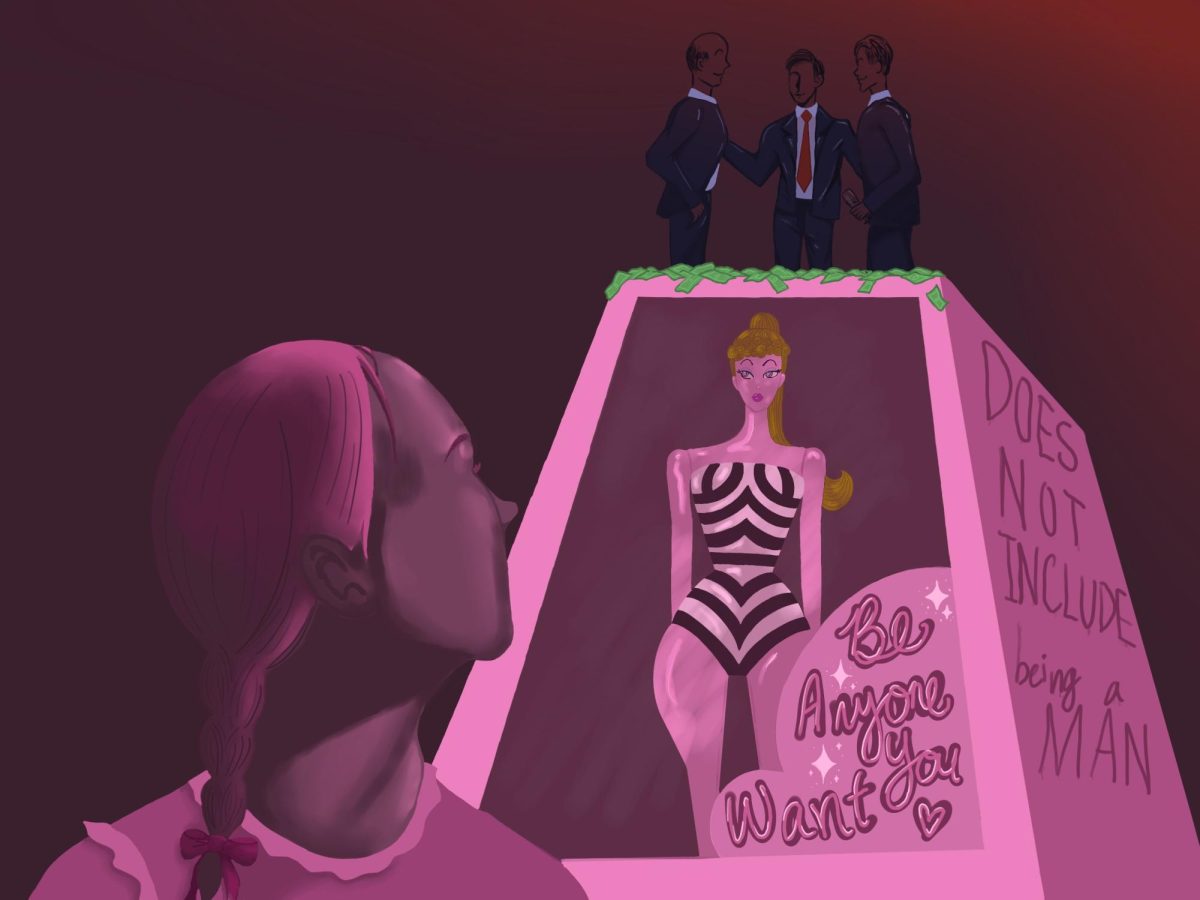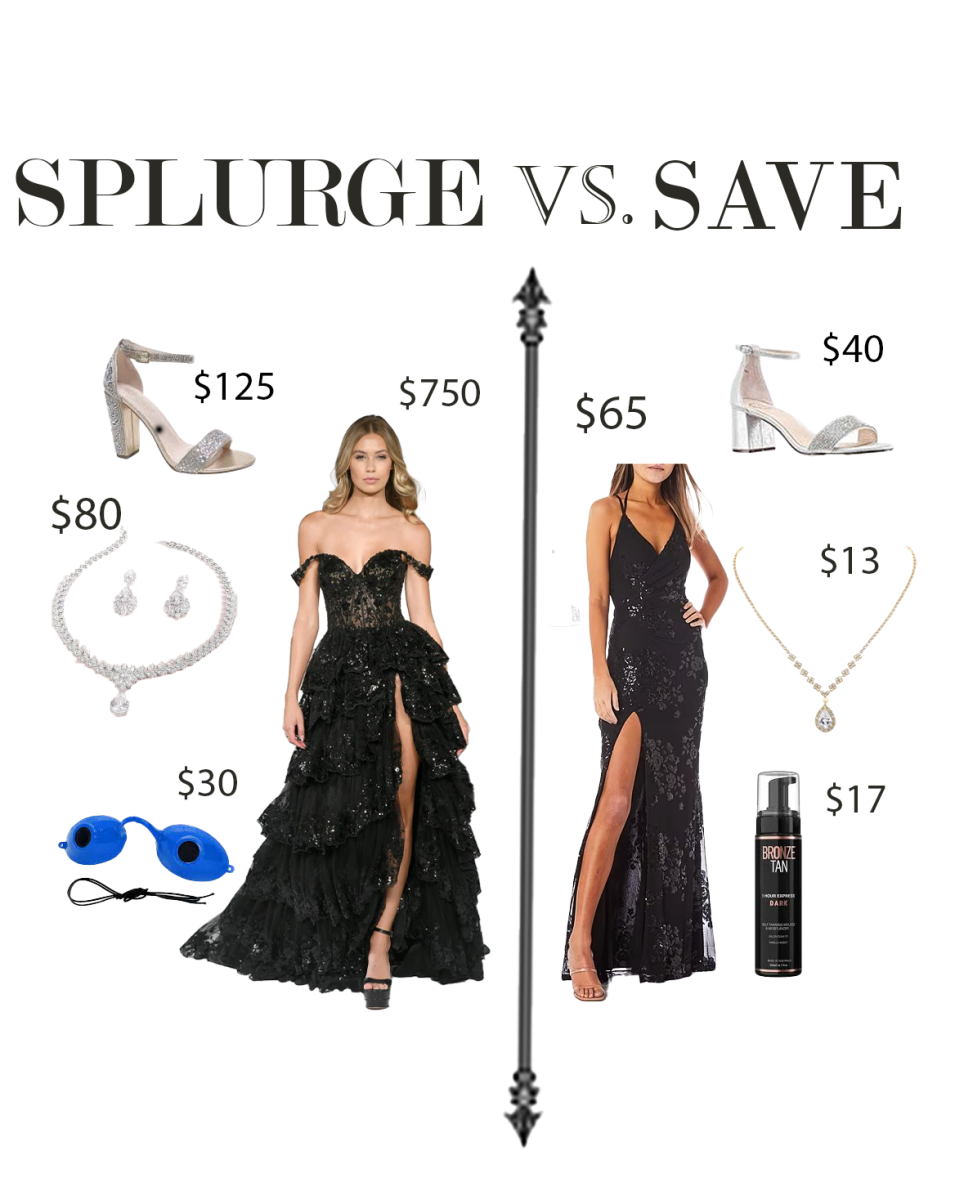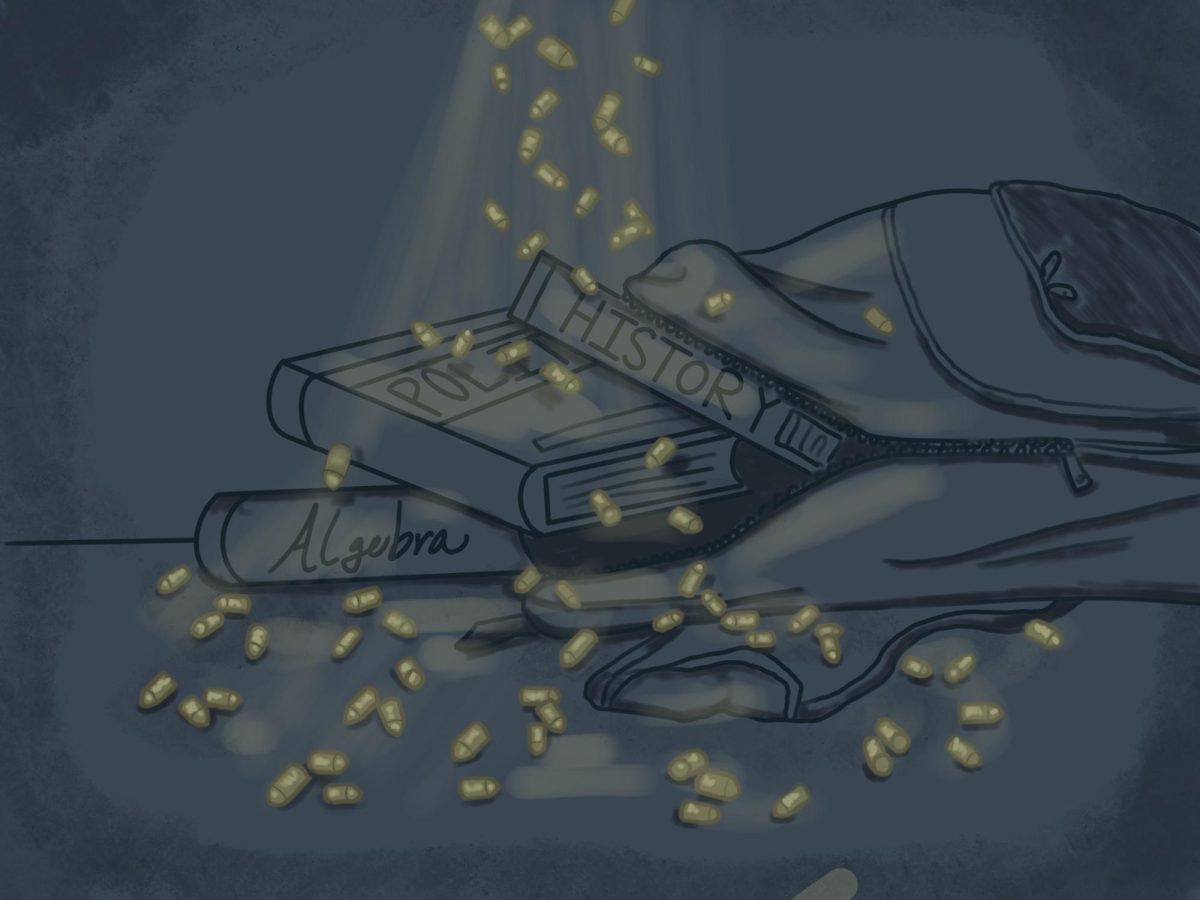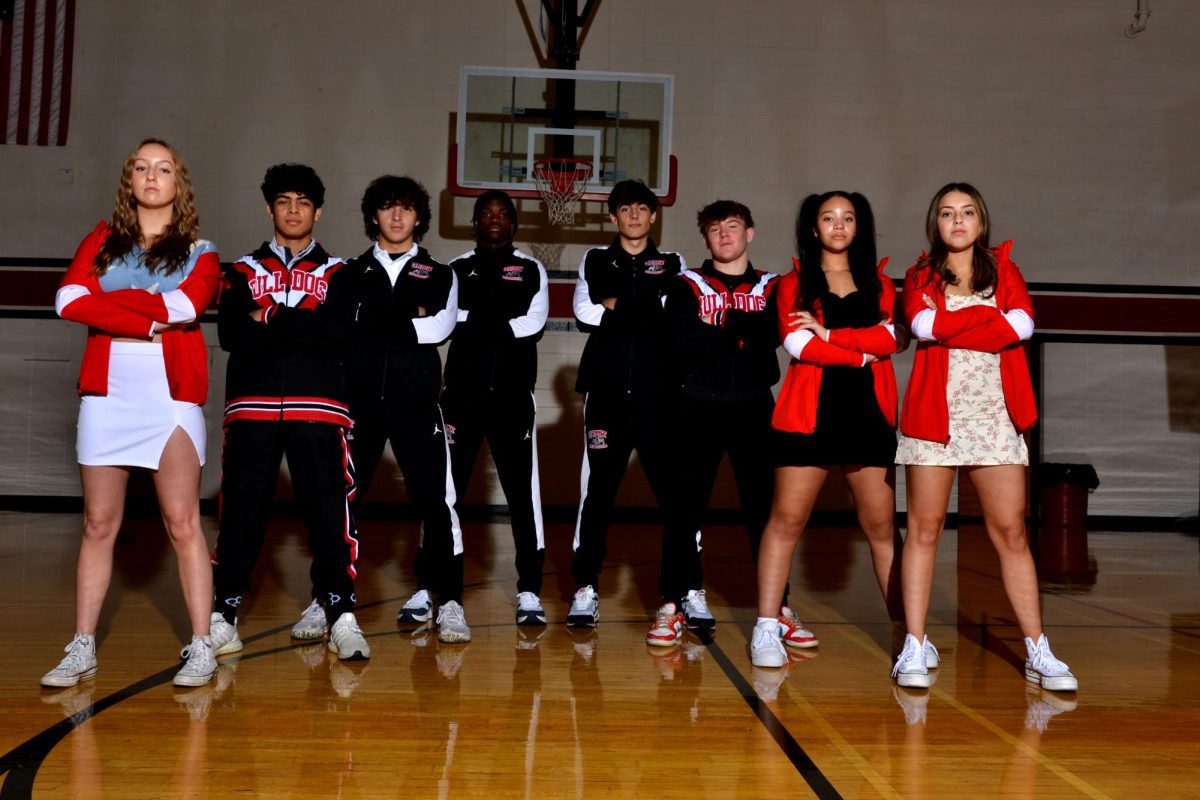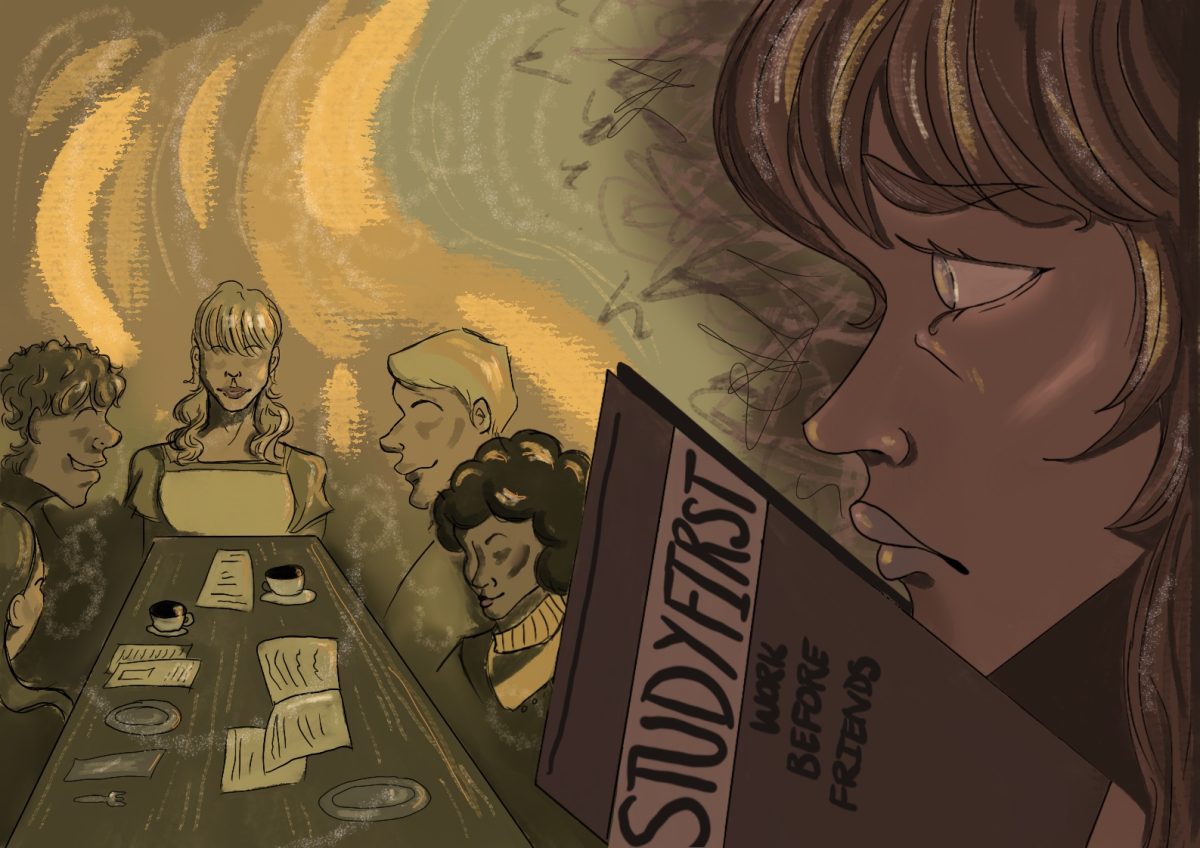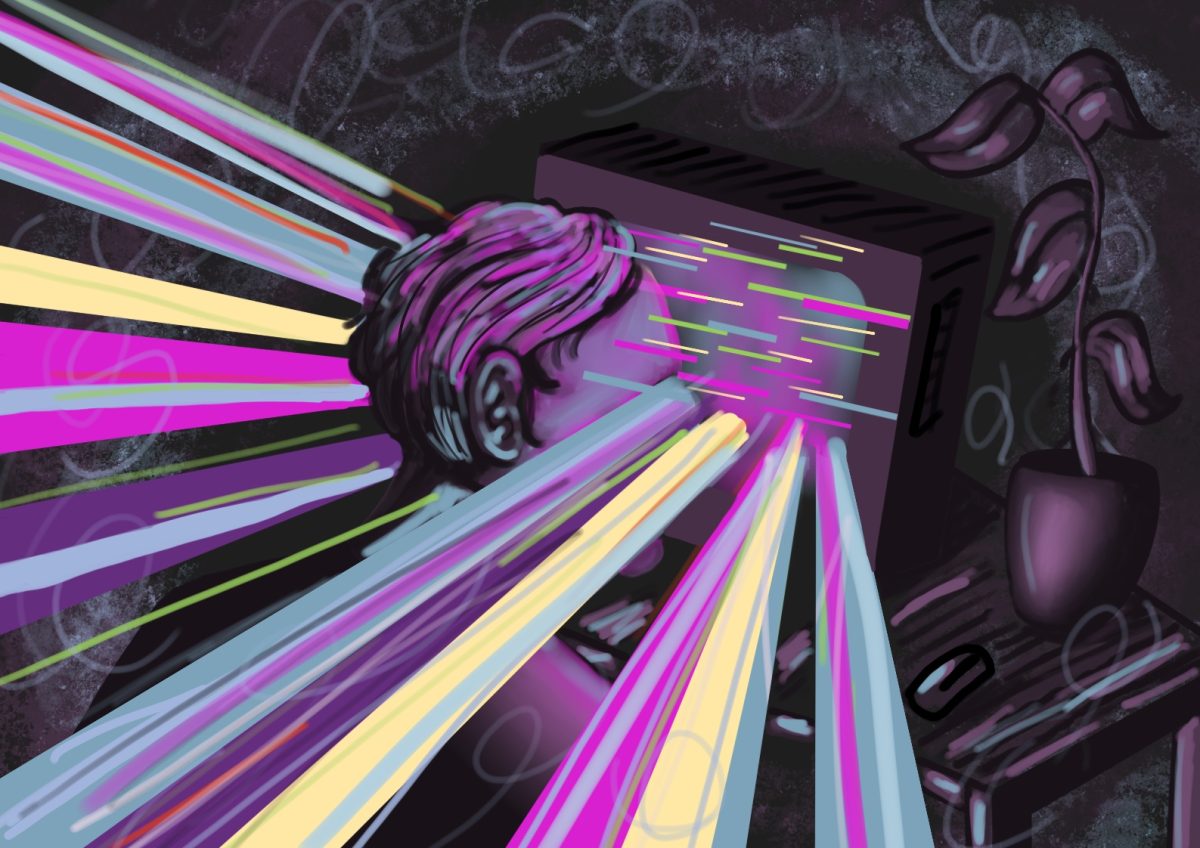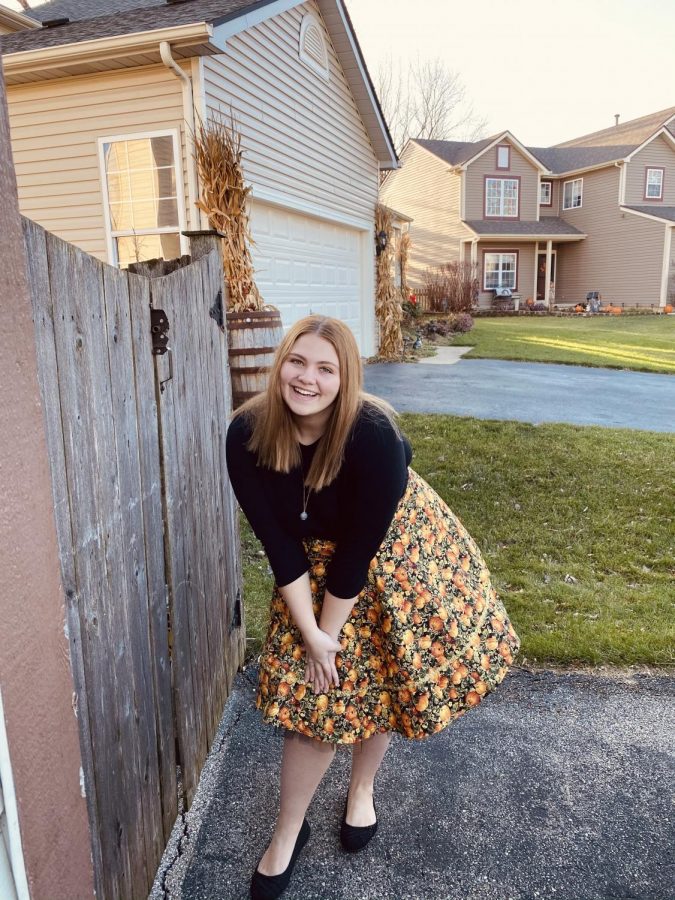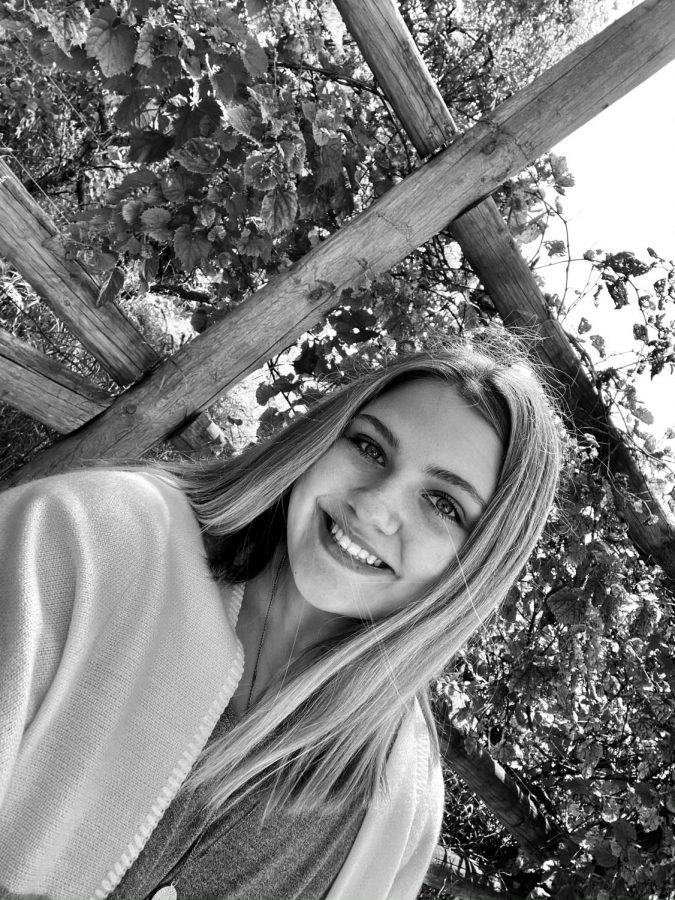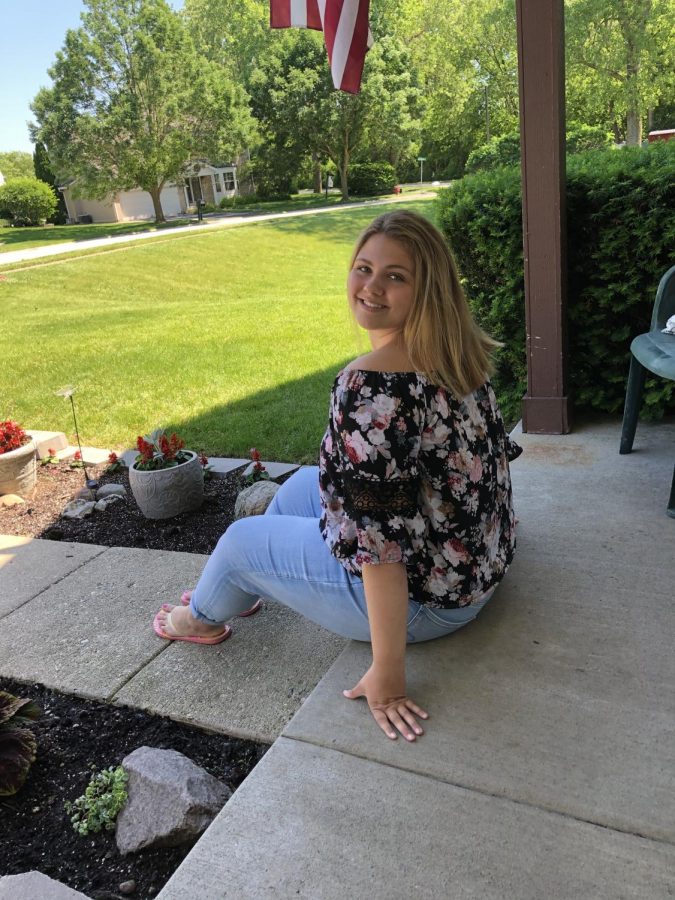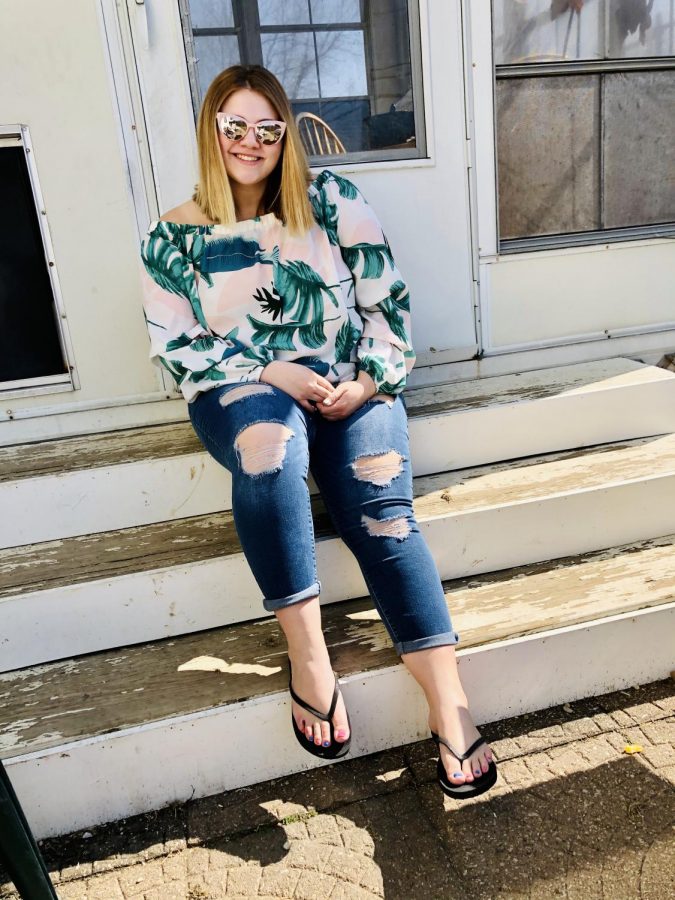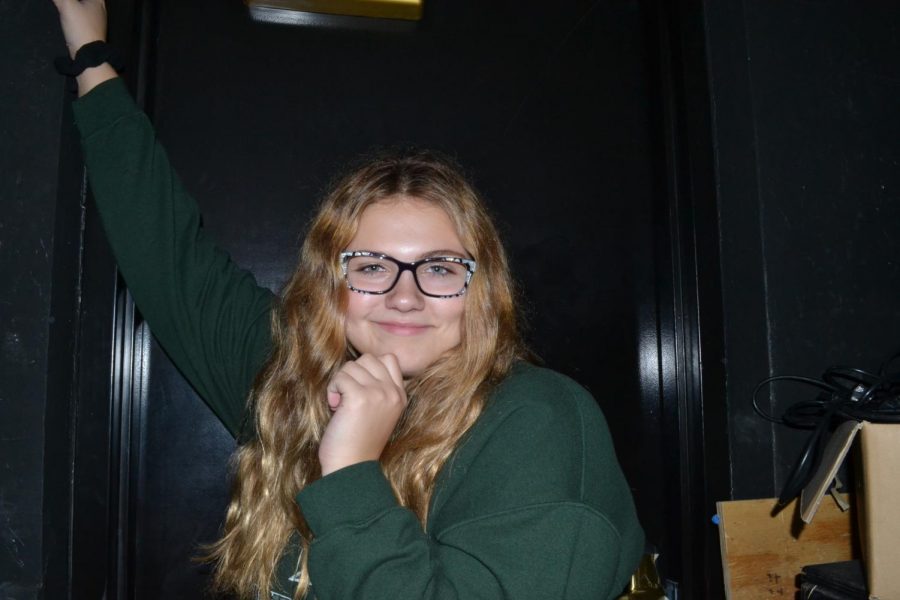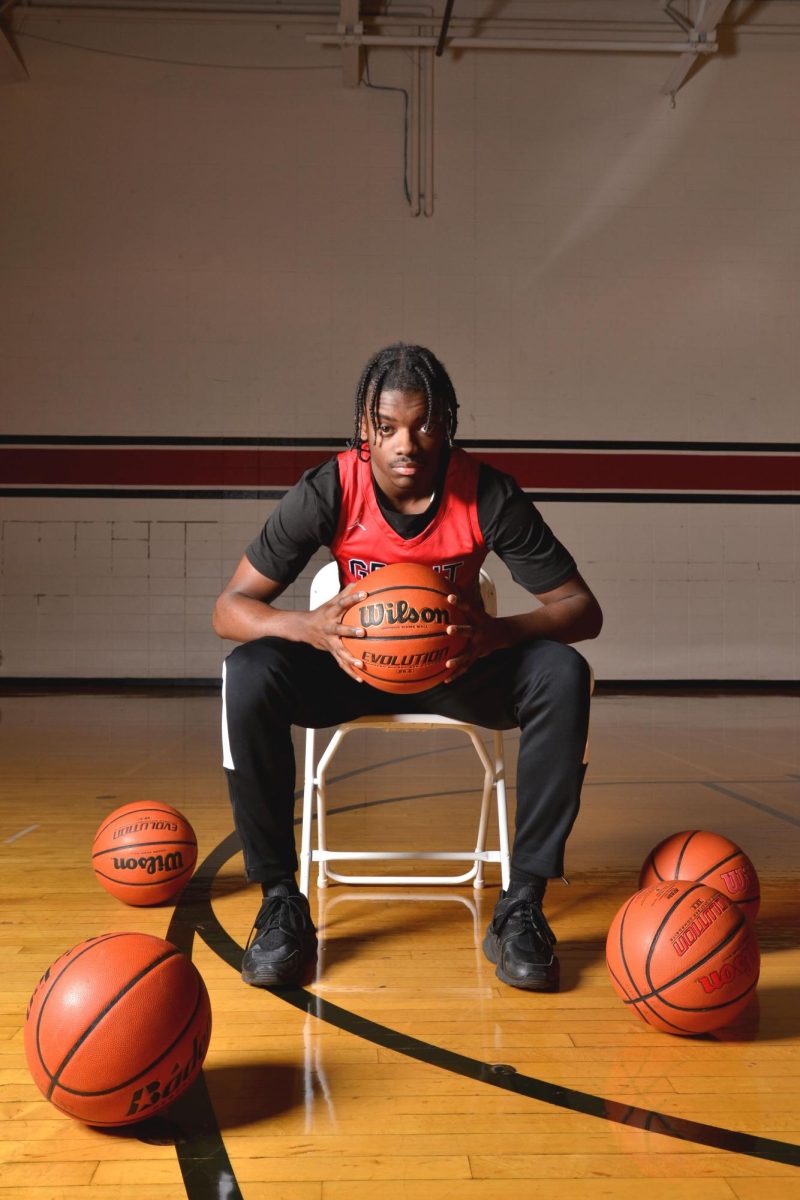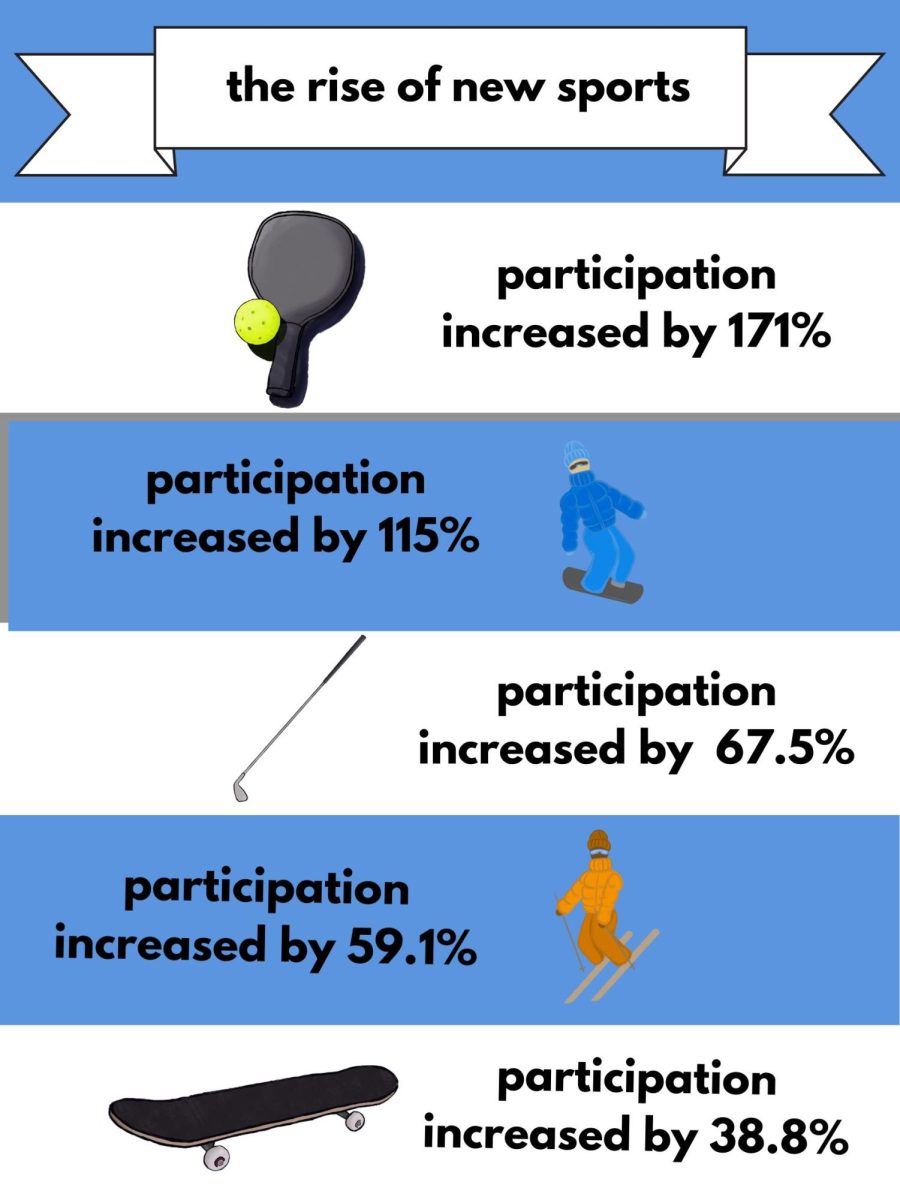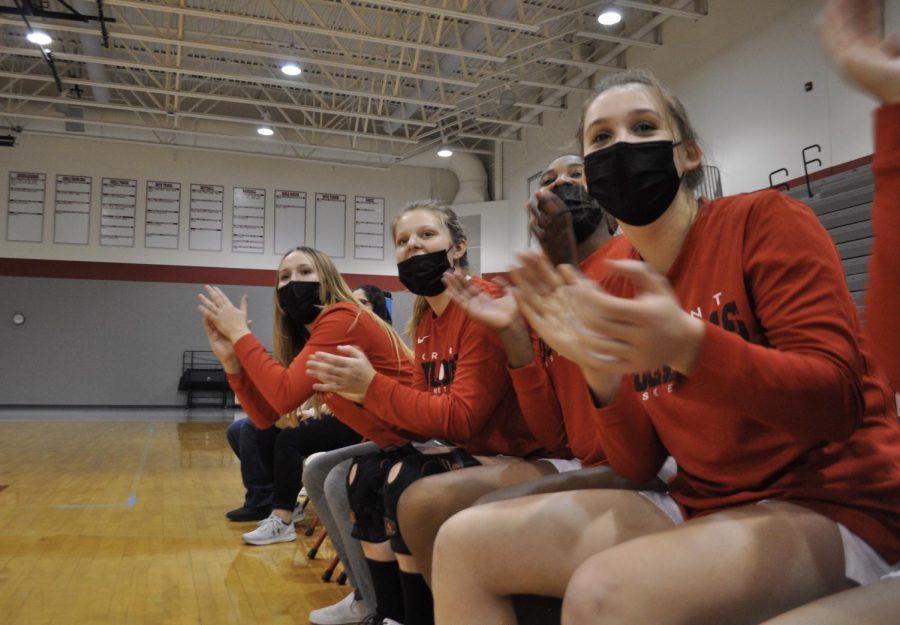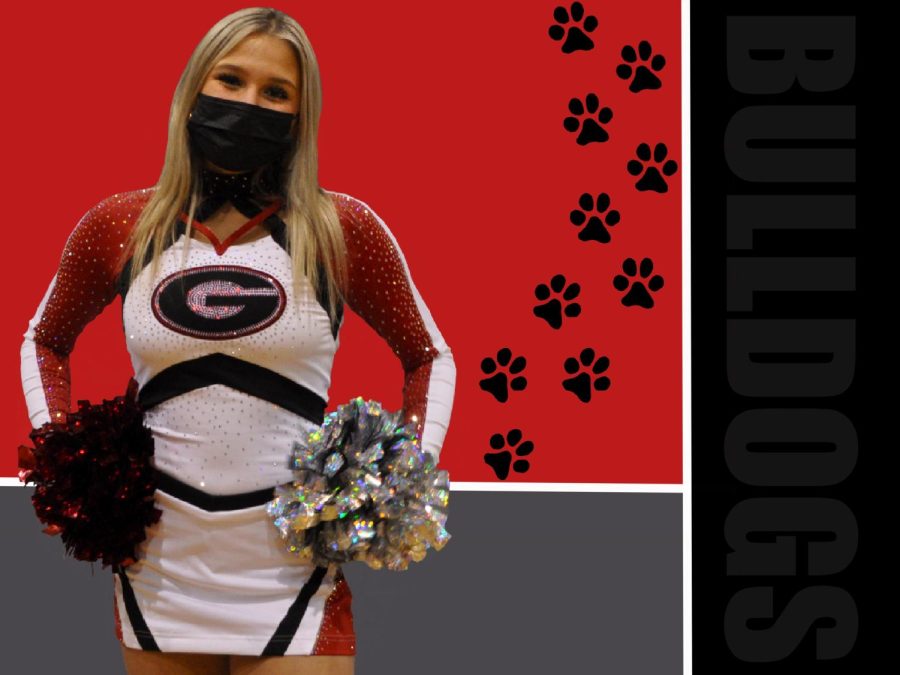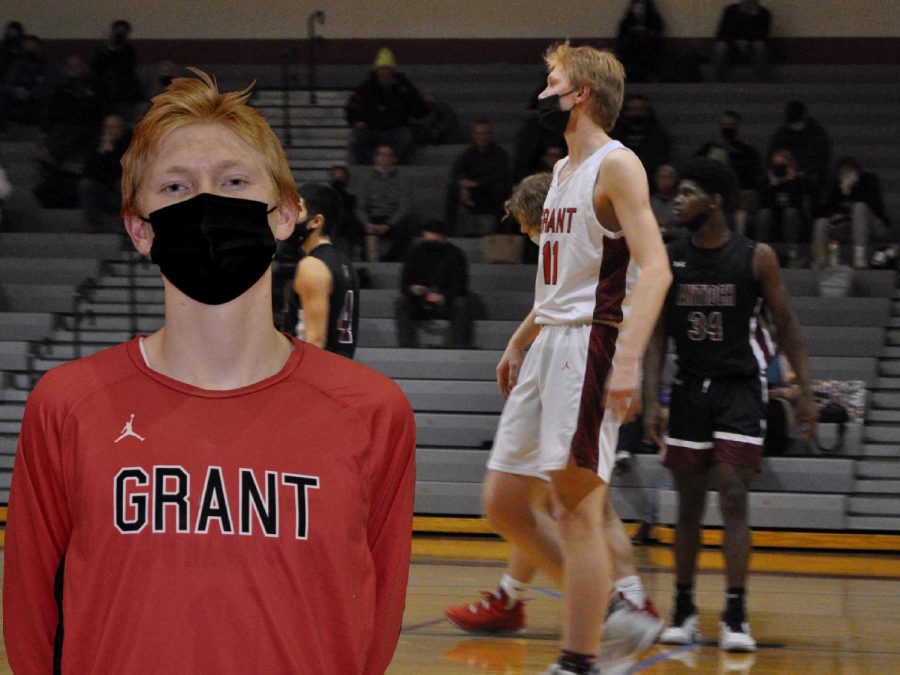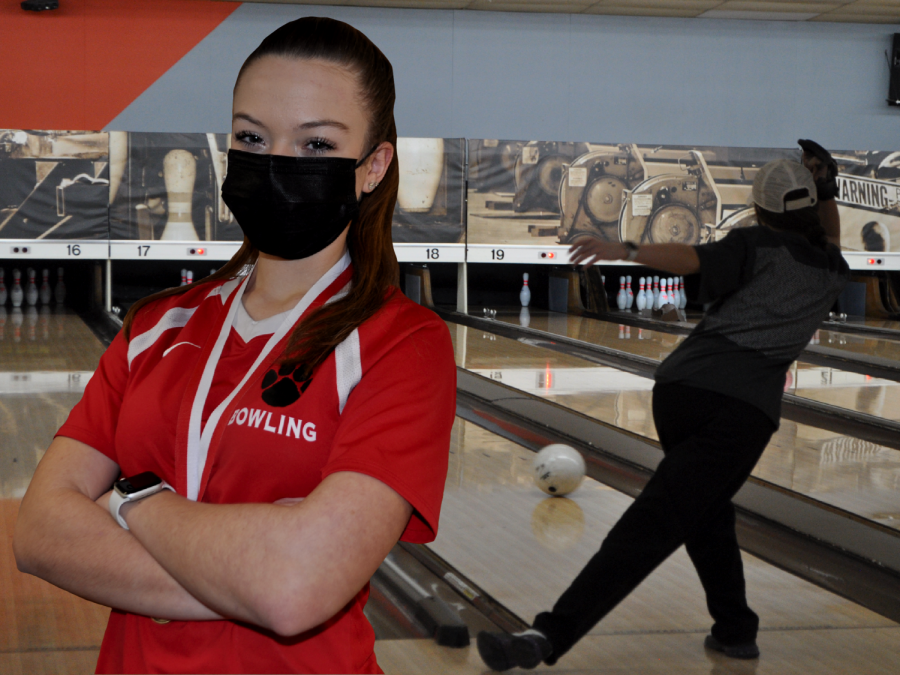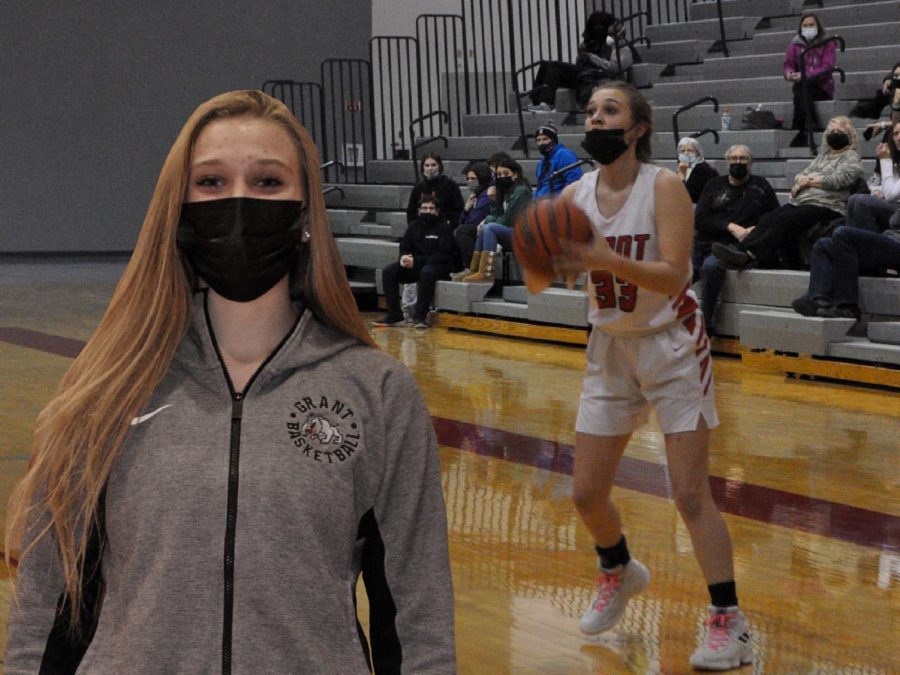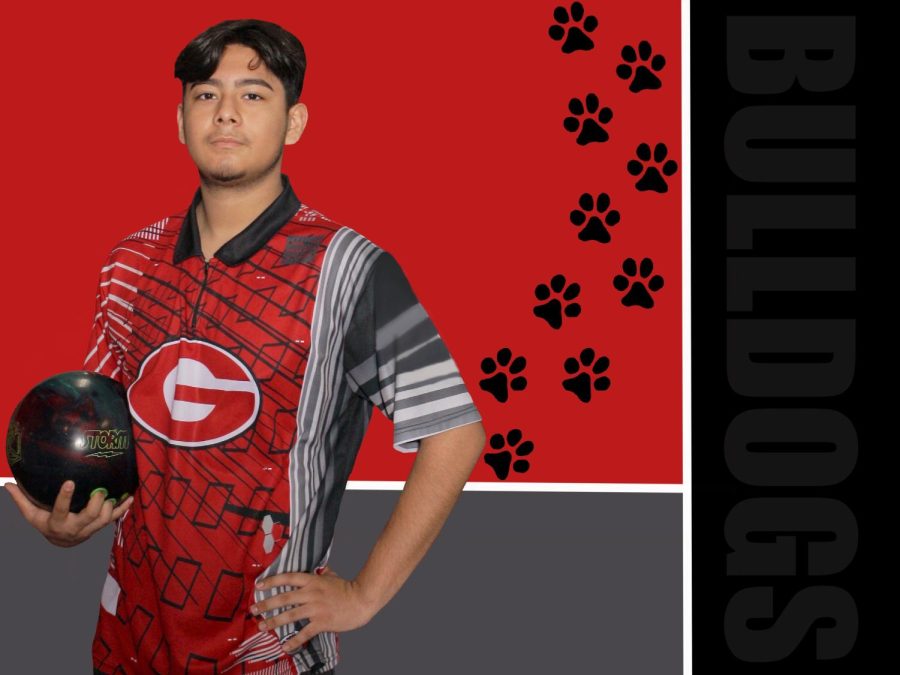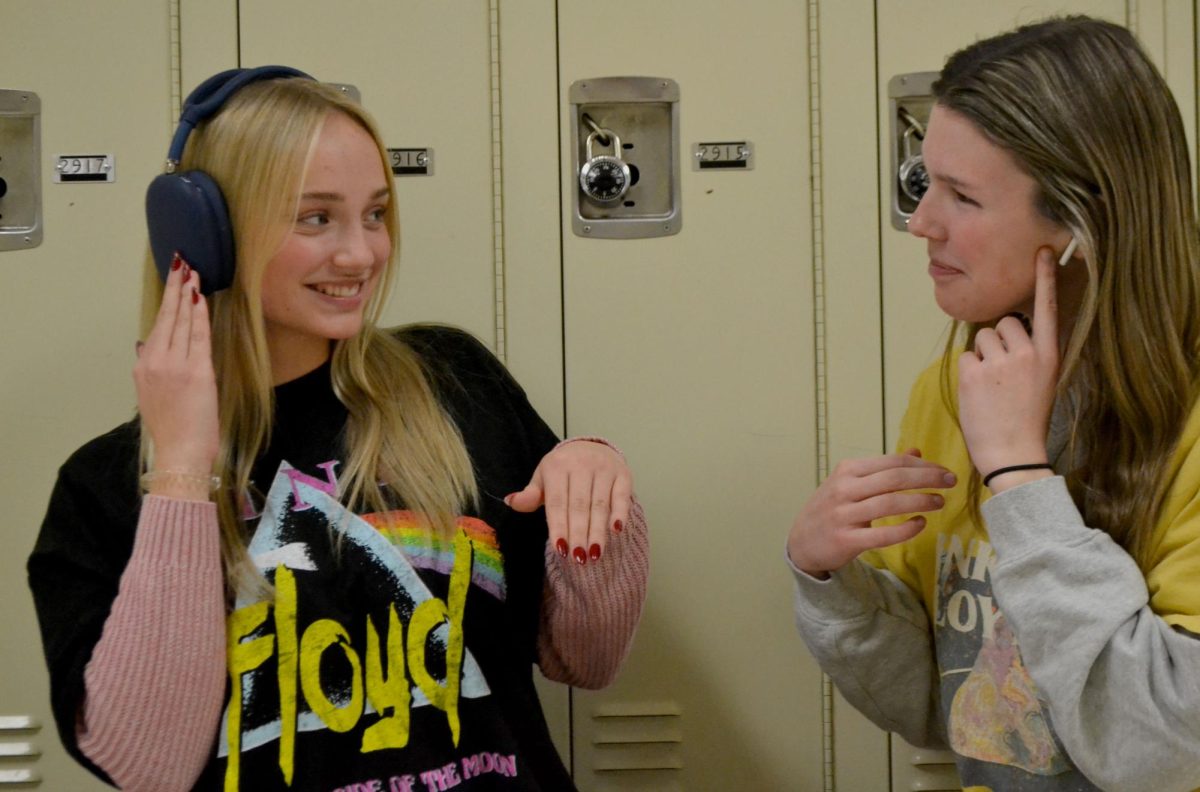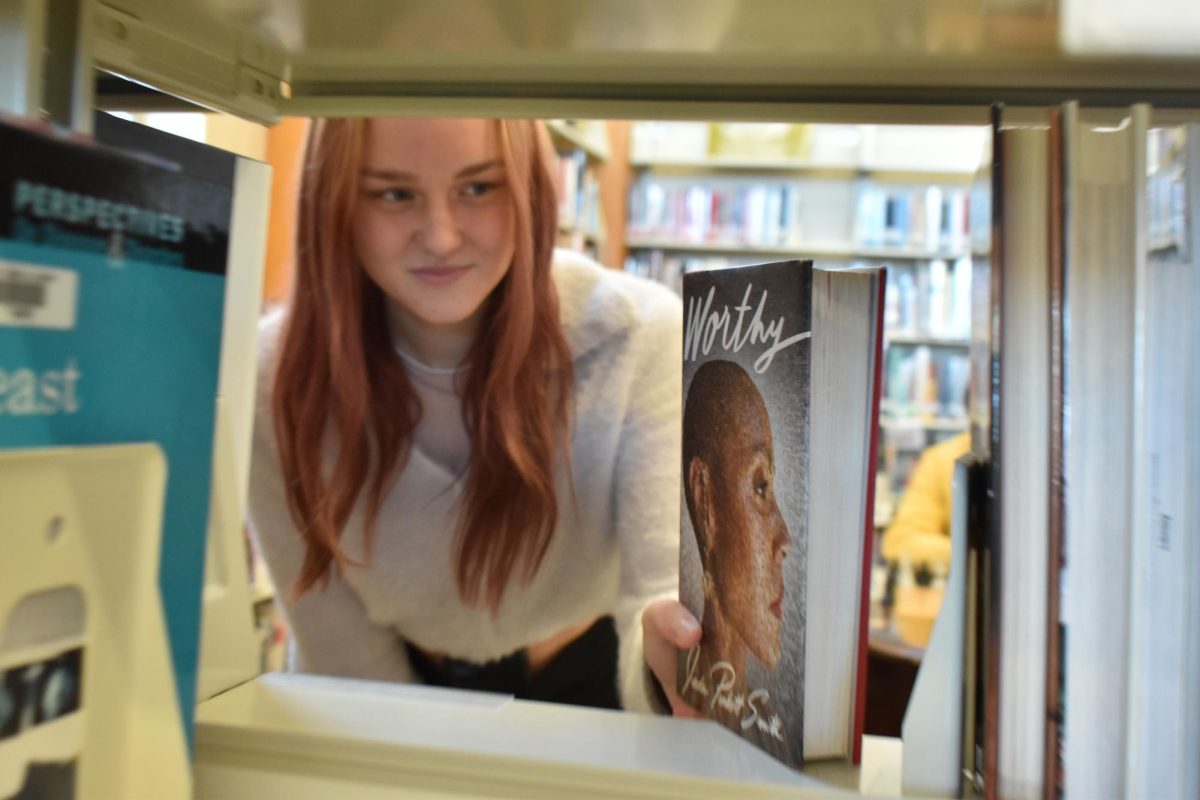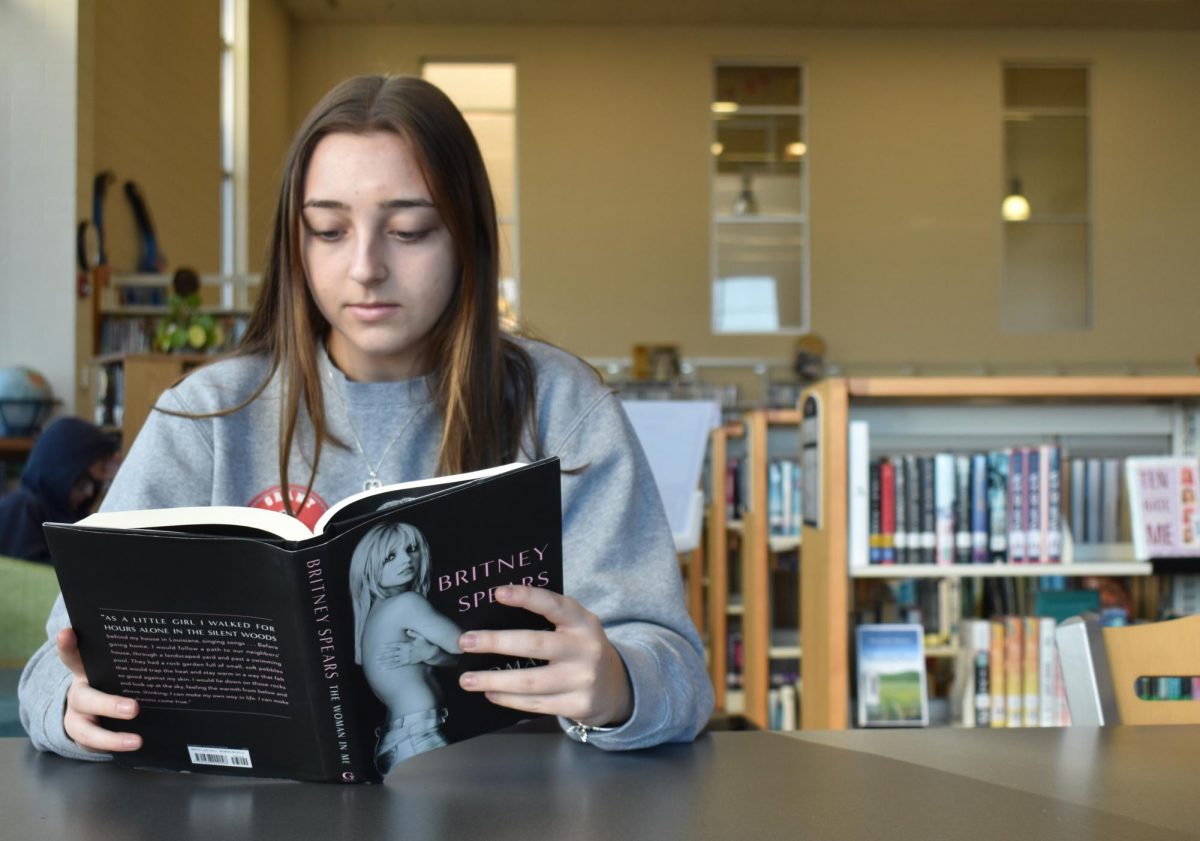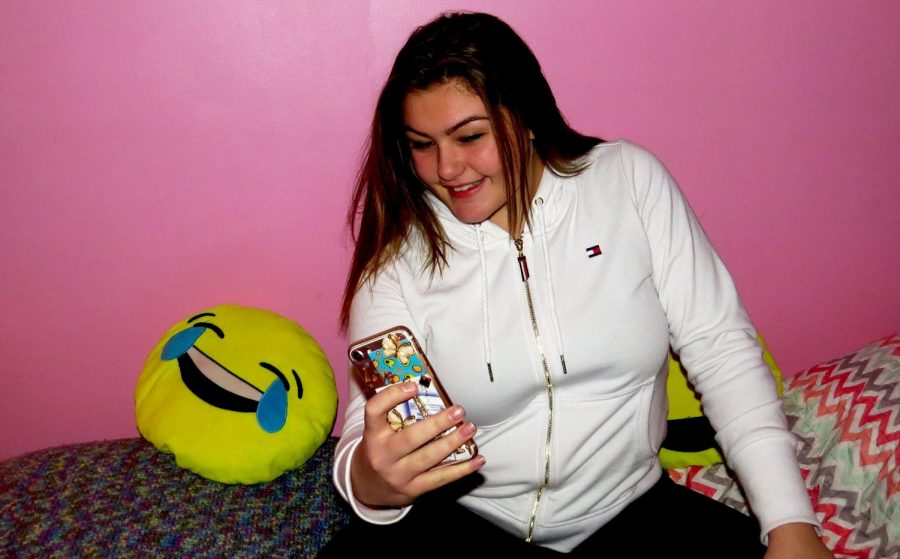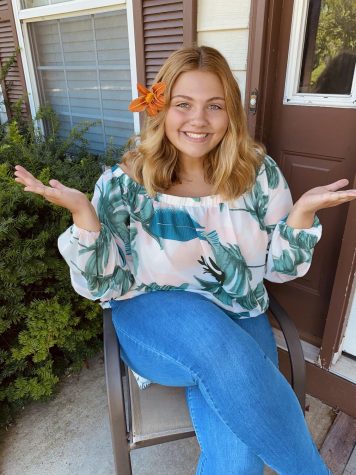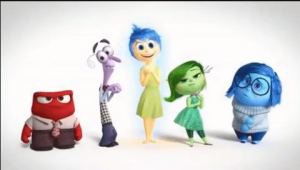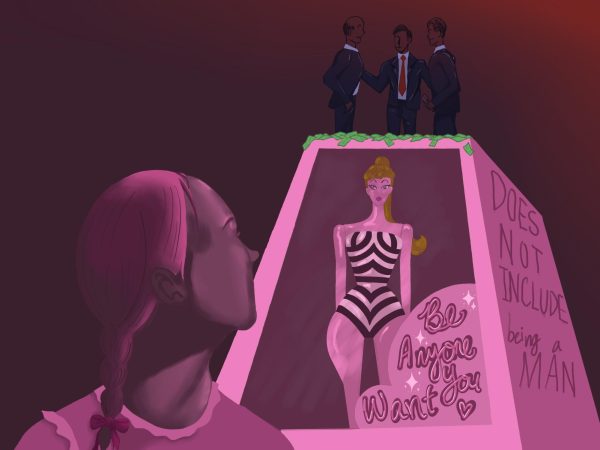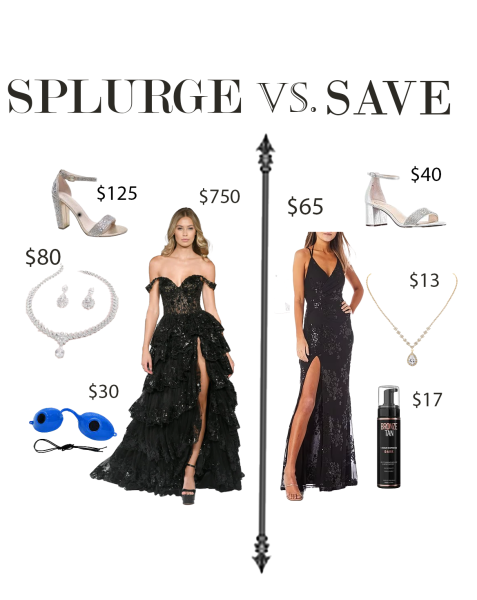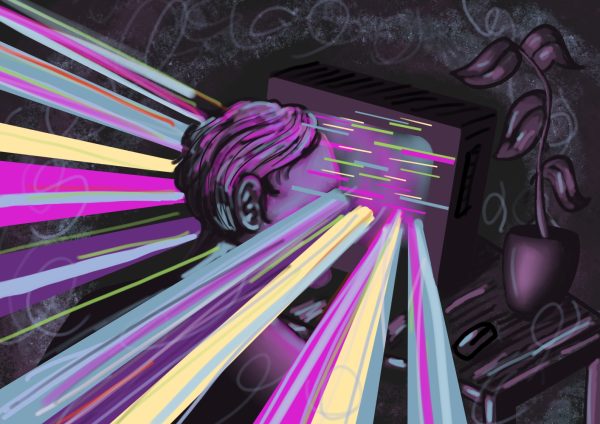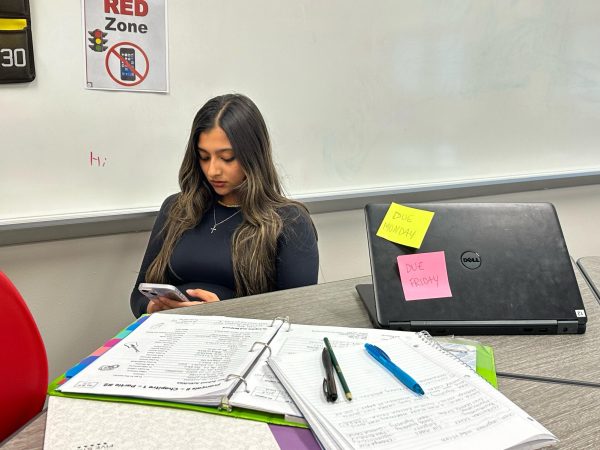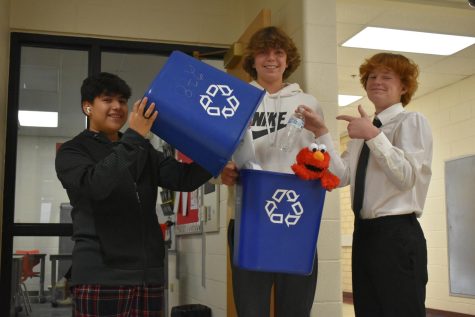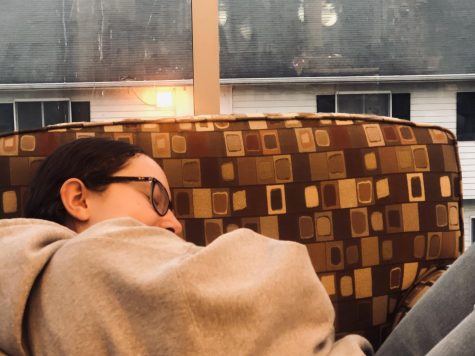Really, Rinsta?
February 20, 2019
Cute Selfie. Filter. Cheeky Caption. Boom! Posted. Let the amount of likes roll in any minute now. Does this process sound familiar? Perhaps it doesn’t occur for you until you’ve taken at least sixty seven photos with the same duck lips over and over trying to get that flawless pose.
Once posted, your feed is updated and you can then switch accounts onto your finsta where you tell your closest friends how you’re actually feeling depressed and struggling to keep up with your average daily life. There’s quite a difference between these two posts, and only one of them tell the full story.
Nowadays social media is at a peak. There are different networking sites and teens are finding a way to take it one step further to the truth specifically within Instagram. The culture behind the Rinsta and the Finsta is immense and plays a gigantic role in teenage daily life. So, what is the difference between the two and why is there a contrast between these accounts?
The main difference between the two accounts comes from the names themselves. The term Rinsta comes from the combination of “real” and “insta”. However, that leaves the term Finsta to be the “fake insta”. This is ironic since users tend to be more real with their fake instas.
According to Analise Cayet, sophomore at GCHS, finstas are actually more common and truthful than majority of other networking sites or accounts. She believes that, “On a normal Insta, or your rinsta, there is this certain pressure to be perfect. On your finsta, you can post whatever you want and show only your closest friends.”
Cayet also opened up about how she was introduced to these separate accounts. She stated, “As cliche as it sounds, you see that your friends have it and you follow them.”
As great as it is to be able to post the truth, backlash could arise from having the two separate accounts. Health teacher at Grant Community High School, Amanda Bilbrey claimed “It’s a permanent record. It’s something that can never be erased.” Bilbrey later explained how finstas could be used to bash other people or spill feelings about the people you like or dislike. She advises to be careful about what you post because everything you say is monitored.
Along with the possibility of your words being used against you, it is possible that by frequently using social media, depression and insecurity could arrive. Bilbrey claimed, “Social media can also have an impact negatively, if you’re constantly thinking about what other people have or what they’re doing or what other people might be saying about you.”
According to Behavioral Health, one third of the United State’s population has one form of social media at least. Imagine if every one of those people had two separate accounts in which they said brutally picky comments about themselves or other people. That would result in a lot of harsh words that are deemed acceptable in some cases because they’re just being “honest.”
As much as honesty is encouraged, there could be potential harm from all of the “truth.” Teenagers can oftentimes be ruthless with the comments they make about others and majority of them think that within their finsta, they’re safe from punishment. This isn’t the case at all. Everything that is posted online can be traced back to whoever said it therefore teens need to be more cautious about their words and how they choose to share what they feel.
When asked if she had any advice about how to encourage students to make the right decisions, Mrs. Amanda Bilbrey claimed, “If you don’t want to say something to someone’s face, you shouldn’t be posting it up.”
Avoiding the Rinsta and Finsta dilemma could be the best option of all. Sophomore at Grant Community High School Sally Odowd states, “I’ve been raised to not have a ton of social media. So I just kind of grew up not needing it.”
In her free time Sally often reads or focuses on her academic life. When asked about how she feels about not having social media, she displayed an indifferent attitude towards it. “I can tell there’s a slight gap because I don’t have it, but it’s nothing that I’m usually not able to overcome.”

